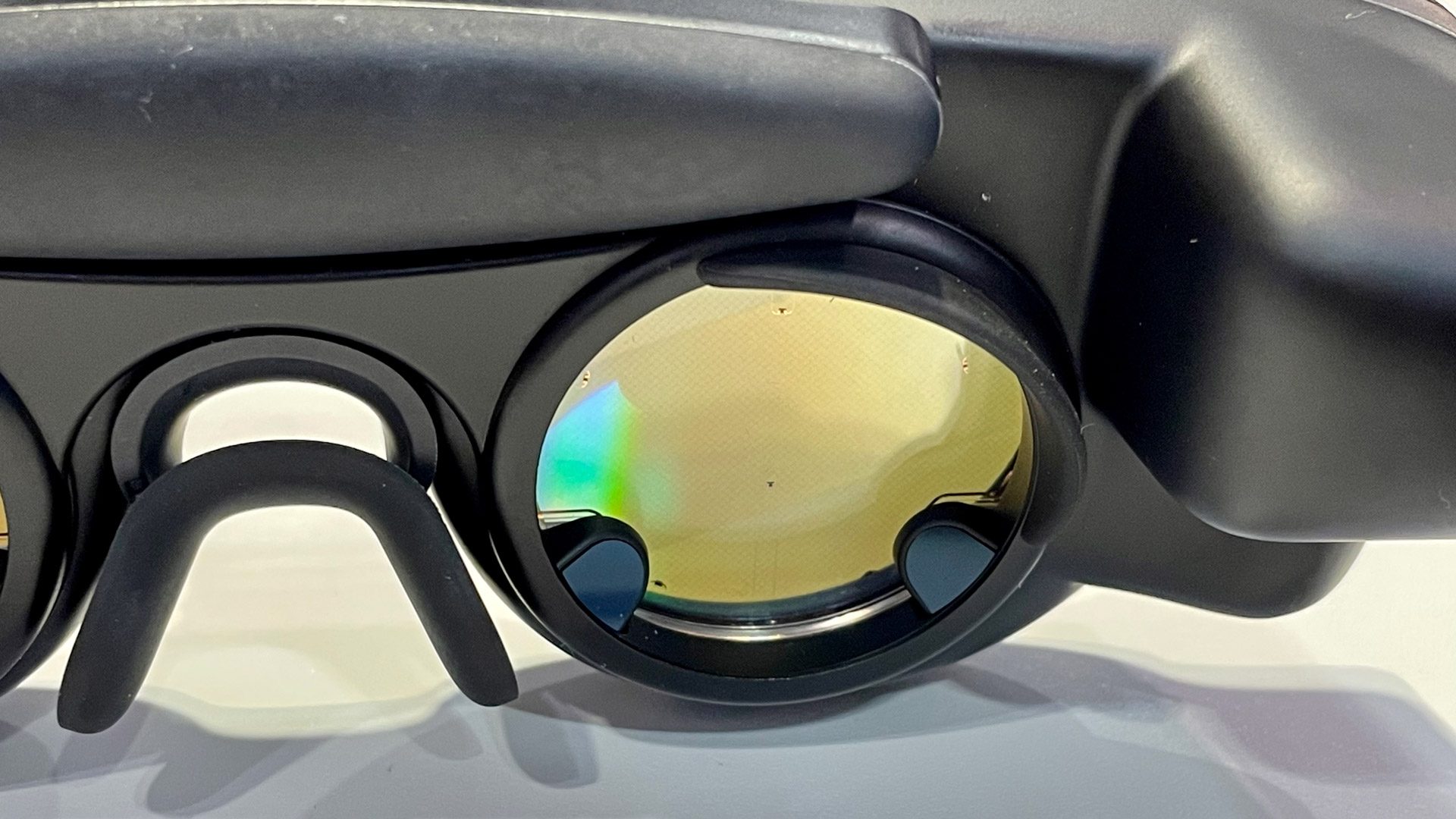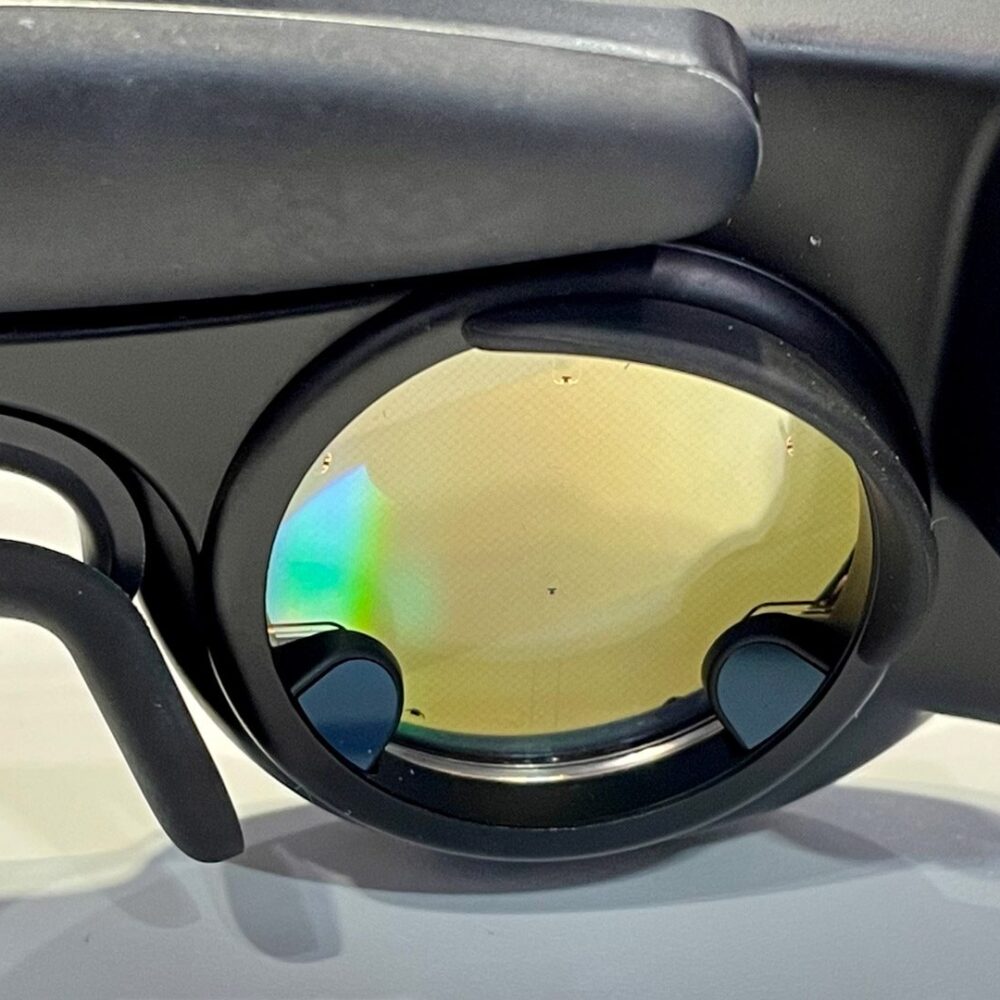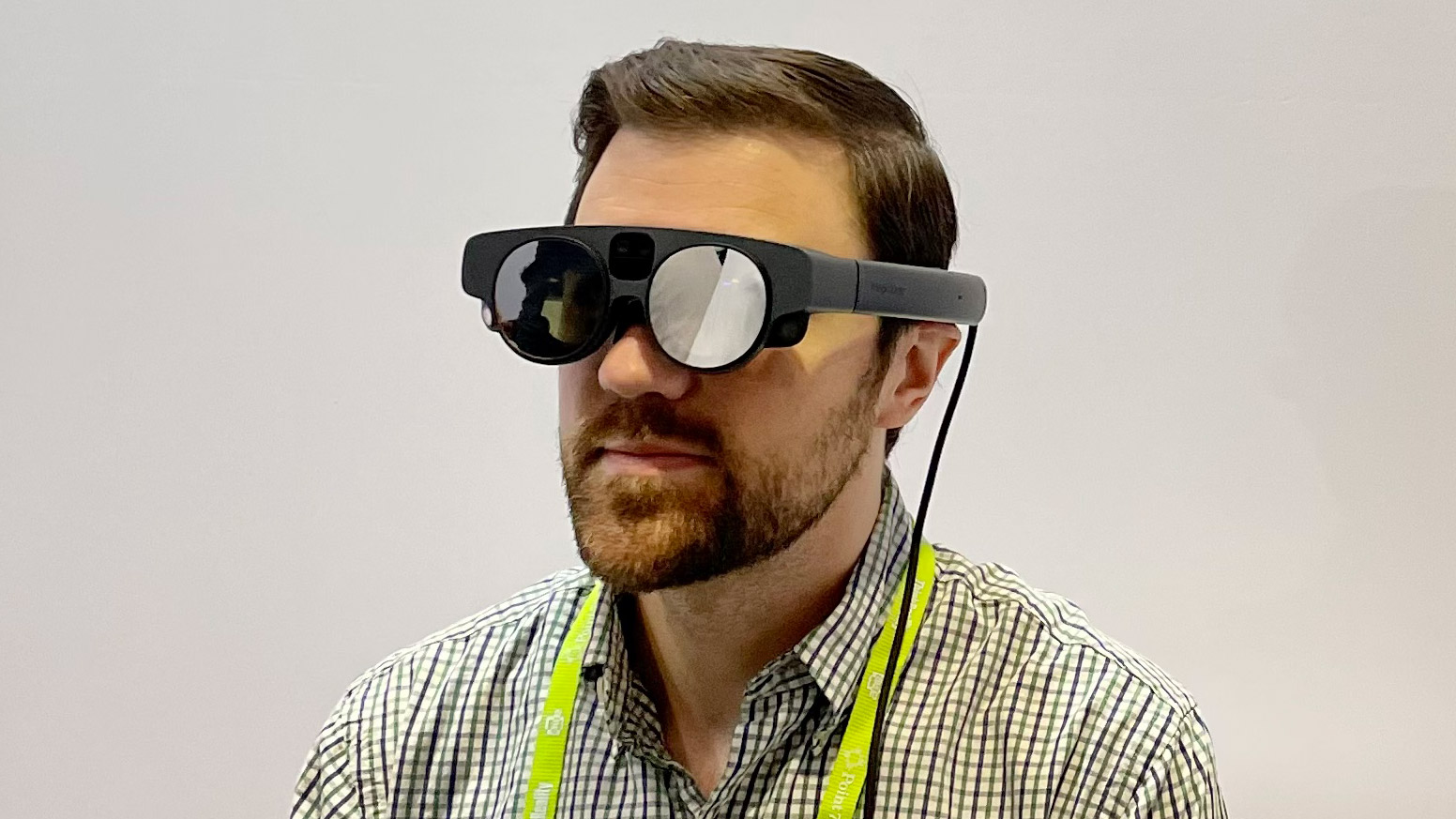Storied AR headset unicorn Magic Leap has laid off its entire sales and marketing departments, making for around 75 jobs cut from its rolls.
Initially the focus of a Bloomberg report, Magic Leap has now confirmed the layoff round, stating the move was to adjust its strategy moving forward:
“Magic Leap has been evolving our go-to-market approach to better align with market dynamics and emerging opportunities, optimizing how we support our customers and our ecosystem,” Magic Leap told Bloomberg. “As part of this, we have consolidated our frontline engagement to our developer support and care teams. We will continue to actively support Magic Leap’s customers, developers and our large ecosystem through the Developer Support and Care teams.”
Citing two people familiar with the matter, Bloomberg reports Magic Leap has been struggling in recent months, as the company allegedly told employees earlier this year it would pivot from selling AR headsets to enterprise, and instead move to license its AR optics tech.

While no such plans have been made public, one of the insiders told Bloomberg it represented “a last-ditch effort” by leadership to salvage its remaining value. The other insider maintains laid-off employees will receive two months of severance pay, stating the layoff came “out of left field” despite the company’s recent struggles.
Founded in 2010, the Plantation, Florida-based company initially had high hopes it could pitch Magic Leap 1, its first headset released in 2018, to both consumers and enterprise. Priced at $2,300, the AR headset had difficulty gaining traction, forcing Magic Leap to pivot and drop its consumer-focused ambitions in mid-2020 amid the departure of CEO and co-founder Rony Abovitz. The company released Magic Leap 2 in late 2020 solely targeted at enterprise.
The company has amassed nearly $4.5 billion in funds to date, which included early investments from Google, Qualcomm, Alibaba, and AT&T. In late 2022, Saudi Arabia’s Public Investment Fund became majority stakeholder after injecting $450 million into the company. That country’s investment fund further pumped in an additional $590 million in January 2024.
More recently, Google announced earlier this summer it was forming a “strategic technology partnership” with Magic Leap, the details of which still aren’t well understood.
Considering Magic Leap’s recent layoff and further claims of potential optics licensing, it could potentially mean Google is looking to leverage some of Magic Leap’s waveguide tech in future AR hardware.

